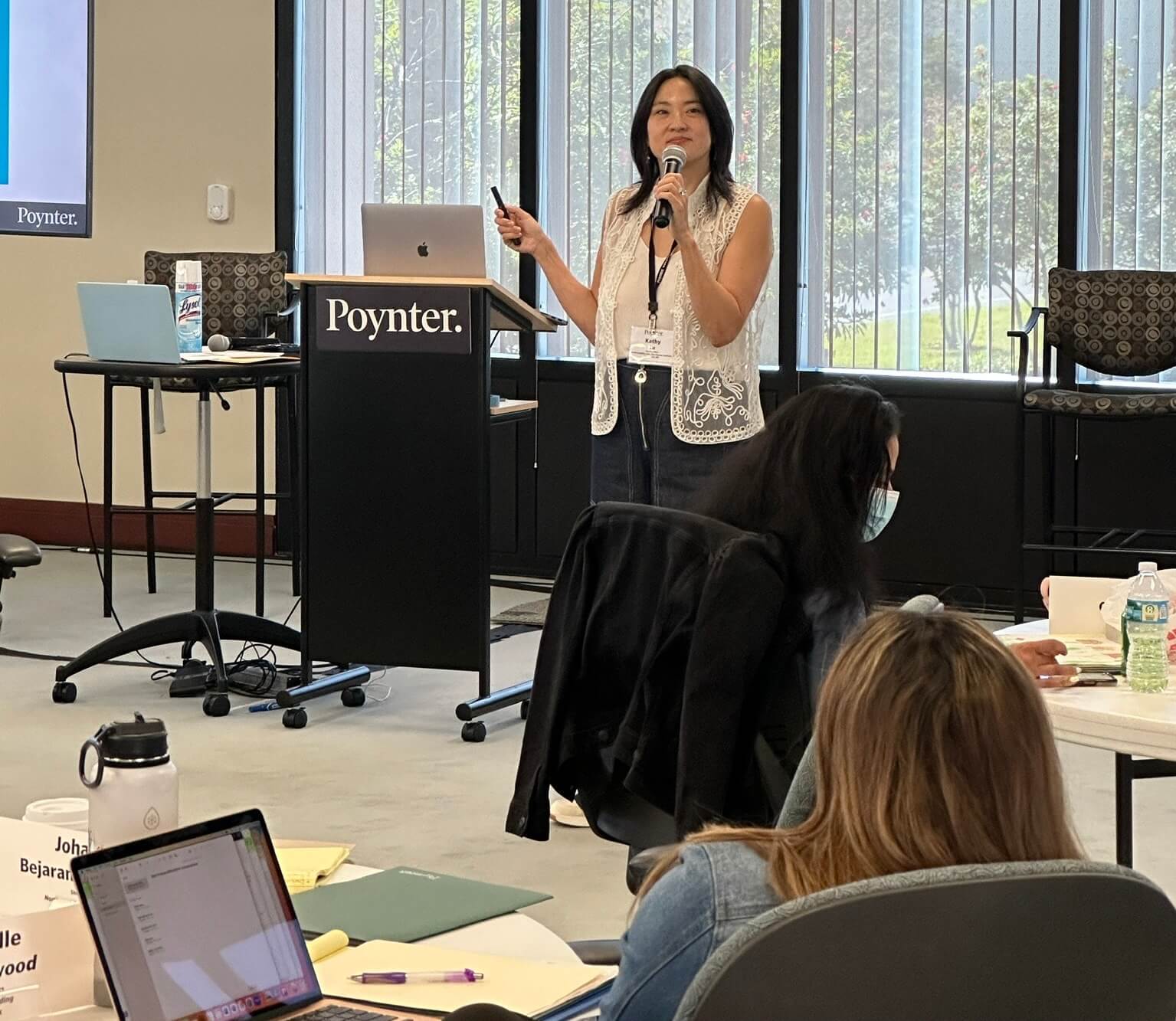As an attempted military coup unfolded Turkey Friday night, reports on social media pointed to a community of journalists under duress as armed invaders attempted to sway reporters through intimidation.
Several Turkish news organizations published reports on Twitter, Facebook and their websites indicating they were being forcibly interrupted as they tried to gather news.
Meanwhile, audiences turned to live video published on Facebook and Periscope to get firsthand accounts of the developing story.
Late Friday night, CNN Turk, a joint venture of Turner Broadcasting International and Turkey’s Dogan Media Group, tweeted that military forces attempting a coup had entered their building and cut the broadcast short.
BREAKING A group of soldiers landed in Dogan Media Center where @cnnturk is based. They have entered the studio. pic.twitter.com/D2QMF6s8Xt
— CNN Türk ENG (@CNNTURK_ENG) July 16, 2016
BREAKING Coup plotters are ending @cnnturk's broadcast now. #TurkeyCoupAttempt pic.twitter.com/YFUrphgFbX
— CNN Türk ENG (@CNNTURK_ENG) July 16, 2016
CNN Türk Gen Dir @aktaserdogan reports civs from outside have entered the building and there is a struggle ongoing. pic.twitter.com/gppPVANL3R
— CNN Türk ENG (@CNNTURK_ENG) July 16, 2016
CNN Turkey anchor says she's being taken off the air by soldiers entering the studio. Live. And it's off.
— Zeynep Tufekci (@zeynep) July 16, 2016
The studio was devoid of journalists as the situation continued to develop, although a live feed of the empty set could be seen on Facebook, with chanting and whistling in the background.
CNN Turk has since resumed its broadcast, a spokesperson told Poynter Friday night.
Ismail Saymaz, a Turkish journalist, tweeted this video of police and civilians taking back the headquarters of CNN Turk:
cnn'de darbecilere önce polis, sonra siviller müdahale etti pic.twitter.com/fiw5jVRC9v
— ismail saymaz (@ismailsaymaz) July 16, 2016
The Hürriyet Daily News, an English-language daily newspaper in Turkey, reported being confronted by “a group of soldiers” who entered the building and “took several hostages.” Emre Kızılkaya, whose Twitter bio lists him as a digital content coordinator, reported that some of his colleagues had been captured.
A group of putschist soldiers are now raiding our newspaper. They are coming to my floor pic.twitter.com/1OPlb74tqe
— Emre KIZILKAYA (@ekizilkaya) July 16, 2016
Sorry for the poor pic quality but it's hard when you are mass-arrested during a coup attempt… pic.twitter.com/TwUC6Yqi71
— Emre KIZILKAYA (@ekizilkaya) July 16, 2016
I left the building unscathed but some colleagues have been taken as hostages. A SWAT team was approaching the building as I was leaving.
— Emre KIZILKAYA (@ekizilkaya) July 16, 2016
They were reported safe after the soldiers who raided the building were arrested.
2 journos, who were initially described by police as hostages, are fine, just traumatized. A policeman was injured (not wounded) at Hurriyet
— Emre KIZILKAYA (@ekizilkaya) July 16, 2016
PM says a putschist general is killed, 130 arrested. Those who raided my newspaper are also arrested. https://t.co/VBxCIthMeB
— Emre KIZILKAYA (@ekizilkaya) July 16, 2016
Earlier Friday, TRT World, Turkey’s state-run broadcaster, reported being forced off-air by a military faction after an anchor was ordered to read a statement declaring the military had assumed control over the government:
Later, after TRT was back in the studio, an anchor reported reading the statement under duress:
Turkey state TV journalist who read coup statement now says she did so at gunpoint pic.twitter.com/QhqGvZAZRa
— Borzou Daragahi (@borzou) July 16, 2016
WATCH: Protesters take over Turkish state-run TV newsroom; atmosphere appears celebratory https://t.co/J54RiATgwT https://t.co/Bh30RFeiLe
— CBS News (@CBSNews) July 15, 2016
Say what you will about TRT, the newsreader is still going 5 hours after being forced to read the coup statement. pic.twitter.com/dxh6ujkl4d
— Nate Schenkkan (@nateschenkkan) July 16, 2016
Meanwhile, as several Turkish outlets were disrupted by the attempted coup, many looked to social media for updates. Reports indicated that networks, including Twitter and Facebook were blocked in Turkey, but journalists continued to use them to give running updates on the situation. Twitter later said its service may have been slowed but not blocked outright:
We have no reason to think we’ve been fully blocked in #Turkey, but we suspect there is an intentional slowing of our traffic in country.
— Policy (@policy) July 15, 2016
Amid the chaos of the developing situation and reports of media outlets targeted by pro-coup forces, social networks delivered on-the-ground eyewitness accounts that users could sort through themselves, said Yasmeen Abutaleb, a technology correspondent at Reuters.
“This is why so many people are relying on social media right now,” Abutaleb told Poynter. “It’s not filtered, and everyone can post individually. As the situation develops, people are going to rely on social media because we don’t know who’s in charge and we don’t know who’s behind the coup.”
She underscored one perceived hypocrisy that was apparent to critics of Recep Tayyip Erdoğan, Turkey’s embattled president. Although he has cracked down on social media in the past, limiting its access to Turkish citizens, he relied on a Facetime video call to address the country Friday night.
“One of the ironic things about this is some critics of Erdogan have pointed out that he’s very critical of social media companies, like Facebook and Twitter,” Abutaleb said. “And he’s been using them during this attempted coup.”






